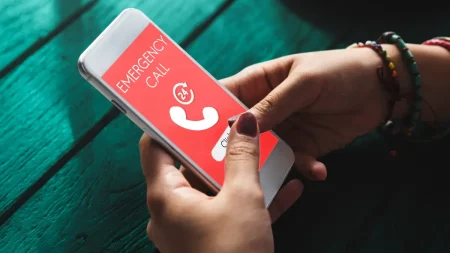If you’re a freelancer in South Africa, you’ve probably heard of the Unemployment Insurance Fund (UIF) and wondered if it applies to you. With more people choosing to work for themselves, it’s important to understand what the UIF is, how it works, and what it means for freelancers.
What is UIF?
The Unemployment Insurance Fund (UIF) is a government-run fund that helps people who are unable to work. This includes those who:
Lose their job
Are on maternity leave
Get sick and can’t work
Take time off to adopt a child
If you’re a full-time employee, both you and your employer must contribute 1% of your salary to UIF. That’s 2% in total, and it’s paid every month. These contributions give workers a financial safety net when they can’t earn money.
Do Freelancers Pay UIF?
In most cases, freelancers do not pay UIF. That’s because the UIF rules only apply to people who are considered employees under the law. A freelancer is usually seen as an independent contractor, not an employee.
This means no UIF is taken off your payments, and you don’t get UIF benefits if you lose work. Freelancers handle their own taxes and don’t have an employer to pay UIF for them.
When Might a Freelancer Be Covered?
There is one situation where a freelancer might qualify for UIF: if they are classified as an employee by law.
How can this happen? It depends on your working relationship with the person or company paying you. If:
They tell you when and how to work,
You work only for them,
You use their tools or equipment,
Or they control how you do the job,
Then you might actually be an employee, even if you call yourself a freelancer. In this case, the company must register you for UIF and make contributions on your behalf.
Why Aren’t Freelancers Automatically Included?
The law sees freelancers as self-employed people. They are running their own small businesses, even if they work alone. Since there’s no employer, there’s no one to make UIF payments. And the UIF system isn’t set up to take payments from individuals working on their own — at least not yet.
Are Things Changing?
Yes! Many people believe freelancers should get help from UIF, especially after what happened during the COVID-19 pandemic. During lockdown, lots of freelancers lost all their work but couldn’t get UIF payments because they weren’t part of the system.
Government and experts have been talking about changing the law to include more workers, like:
Freelancers
Informal workers
Self-employed individuals
These changes would help protect more people and support entrepreneurship. But for now, the law is still the same: freelancers are not covered unless they are treated as employees.
What Can Freelancers Do Now?
Even though you don’t get UIF as a freelancer, there are other ways to protect yourself:
Save a portion of your income each month in case of emergencies.
Get insurance for things like illness, disability, or loss of income.
Register a business and keep your taxes in order so you can apply for government help when it’s available.
Check also: UIF for Retrenched Workers: Your Rights Explained in 2025
Freelancing in South Africa offers freedom and flexibility, but it also comes with fewer safety nets—especially when it comes to UIF. While most freelancers are not covered under current UIF rules, understanding your employment status is key. If your working conditions resemble that of an employee, UIF might apply to you.
As the government works on reforms to make the system more inclusive, freelancers must take steps to secure their financial wellbeing through savings, insurance, and careful planning. Stay informed and proactive—so you’re ready for whatever changes may come.










